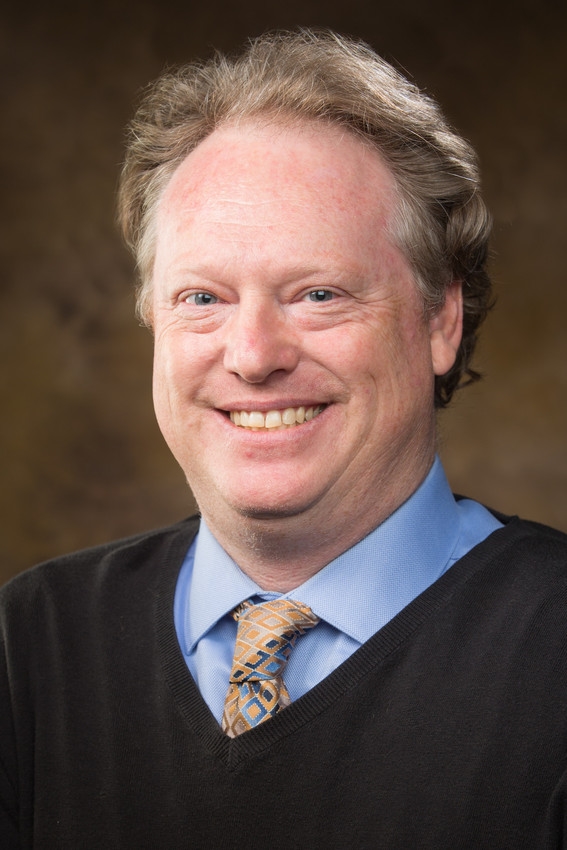A team comprised of faculty and students from the College of Engineering, the J. William Fulbright College of Arts and Sciences, the College of Education and Health Professions and the University of Arkansas for Medical Sciences has been awarded more than $400,000 from the National Institutes of Health to study new ways to repair shoulder cuff injuries.
Each year approximately 400,000 rotator cuff surgeries are performed in the United States, and although advances like arthroscopic surgery have improved outcomes, the failure rate still remains high. Approximately one-third of rotator cuff repairs are not successful.
What appears to cause many of these failures is unrepaired damage to the muscles of the rotator cuff. Current surgical techniques only address the injured tendons that make up the cuff; the damaged cuff muscles are left untreated.
"This is not due to a lack of awareness," said Jeffrey Wolchok, associate professor of biomedical engineering and the principal investigator on the project. "Surgeons are very aware that damage to rotator cuff muscles is contributing to the high failure rates, but there are no options available to repair the injured muscles. A treatment that addresses damage to rotator cuff muscles is badly needed."
On Sept. 1, Wolchok received a grant for $428,100 from the National Institutes of Health in conjunction with associate professor Tyrone Washington of the College of Education and Health Professions, associate dean of natural sciences Jeannine Durdik, and Dr. Shahryar Ahmadi of the University of Arkansas for Medical Sciences. Together with a biomedical engineering senior graduate assistant, Tai Huynh, the team is researching new strategies to repair shoulder cuff injuries.
"This is indeed an exciting collaboration across multiple units to address a significant biomedical problem and contribute to treatment strategies, as well," said Raj Rao, professor and department head of biomedical engineering.
In their research, Wolchok and his co-collaborators seek to discover if and how they might reverse this muscle damage. Specifically, they're working to create an injectable gel fabricated for human muscle which would elicit immune and wound healing responses to stimulate new muscle formation. Their goal is for the injectable material to be used in conjunction with surgical tendon repair, creating a combined strategy to more completely heal shoulder cuff injuries.
Wolchok presented the team's research to date at the Biomedical Engineering Society Annual Meeting in October. The team will continue their research for the duration of the grant's three year period. The NIH Award Number is 1R15AR073492-01.
Topics
Contacts
Jeffrey Wolchok, associate professor
Biomedical Engineering
479-575-2850, jwolchok@uark.edu
Nick DeMoss, director of communications
College of Engineering
479-575-5697, ndemoss@uark.edu
